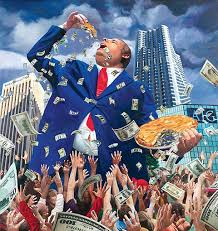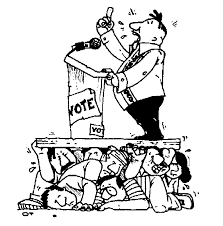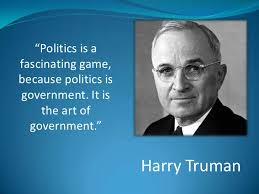
This is the traditional definition of politics, based upon the original meaning of the term in ancient Greek Civilization. The word ‘Politics’ is derived from the Greek word ‘Polis’ literally meaning city-state.
Ancient Greece consisted of independent city states, each of which had its own system of government. Politics refers to the affairs of the ‘Polis’ or what concerns the state. This is the classical view of political science as an academic discipline let us quote certain statements holding such a view.
According to J. W. Garner, “………………. political science begins and ends with the state”. Laski says, “The study of politics concerns itself with the life of man in relation to organized states”. Paul Janet states, “political science is that part of social science which treats the foundation of the state and principles of government.”
Hence, the state came to occupy the central place in politics. The ethical basis of the state, its evolution, the functions it is supposed to perform, its relationship with individuals became the main concern of political science.
Since the state performs its functions through the government, its main forces remained on the personnel and machinery of government. To study politics essentially meant the study of government or more broadly the study of authority.

David Easton defined polities as the “authoritative allocation of values” by this he meant that politics includes all those processes through which government allocates benefits, rewards or penalties. This is how it meets the demands and needs of society.
The distribution of such benefits, rewards or penalties is called authoritative because these are widely accepted in society and considered binding by the people. Hence, politics involves formal policies or authoritative decisions made by the government.
A major problem with this definition is that it presents a limited view of politics as essentially the affairs of state and government, thereby involving only a limited group of people engaged in the management of government as well as those trying to influence it. This implies that most people, most institutions and most social activities are considered as being outside politics.


